The Palm Oil Controversy in Southeast Asia: A Transnational Perspective
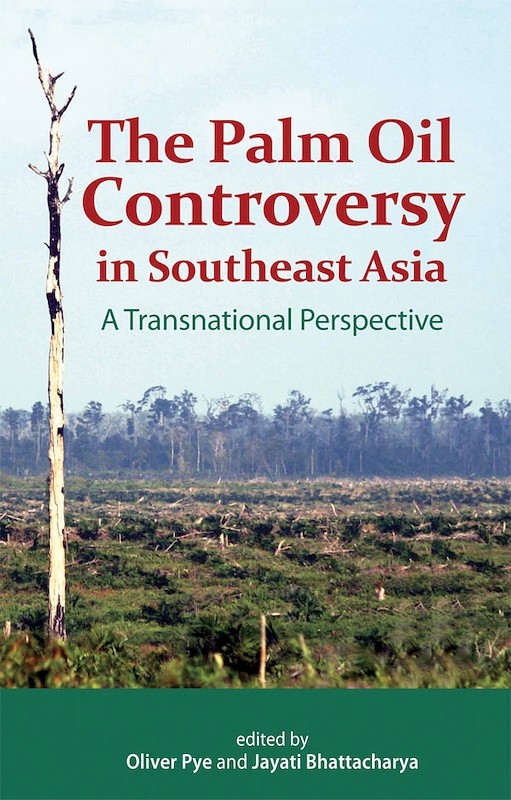
Reviews
"... the book serves usefully to remind us that palm oil is a truly global product, utilised in an enormous number of everyday products and processes. A fascinating table on page 238 reads like a list of the world's best-known consumer brands, from McVites to Head & Shoulders, from Heinz to Nivea, from Ajax to Mars; their products all include some palm oil. The diversity of authors and focus result ... in a mass of fascinating detail" (Asian Affairs).
Accolades
IBP 2015 Reading Committee Edited Volume Accolade (Humanities Category).
About the publication
“This engaged and vital edited volume brings together the varied viewpoints of academics, consultants and activists all concerned with the astonishing expansion of palm oil as a globally traded commodity. It reveals how this complex, contested and controversial expression of globalization transcends narrow national and sectoral interests, stimulating a transnational exchange of goods, capital and labour, as well as laws, norms, values and even understanding. Compelling, readable and insightful, the study shows that corporate responses to civil societys concerns about palm oils role in global warming, human rights abuses, land grabbing and biodiversity loss, now need to be complemented by legal, regulatory and governance reforms to be effective.”
—Marcus Colchester, Director, Forest Peoples Programme
Co-publication: Institute of Southeast Asian Studies
Institute of Southeast Asian Studies
Contents
-
The Palm Oil Controversy in Southeast Asia: A Transnational Perspective
[Whole Publication, ISBN: 9789814311458] -
Preliminary Pages
-
1. Introduction, by Oliver Pye, author
-
2. Malaysian Corporations as Strategic Players in Southeast Asia's Palm Oil Industry, by Teoh Cheng Hai, author
-
3. The Political Ecology of the Indonesian Palm Oil Industry, by Norman Jiwan, author
-
4. Evolutionary Change in the Oil Palm Plantation Sector in Riau Province, Sumatra, by Junji Nagata, Sachiho W Arai, authors
-
5. Contradictions of Palm Oil Promotion in the Philippines, by Mary Luz Menguita-Feranil, author
-
6. The Political Economy of Migration and Flexible Labour Regimes: The Case of the Oil Palm Industry in Malaysia, by Johan Saravanamuttu, author
-
7. Migration and Moral Panic: The Case of Oil Palm in Sabah, East Malaysia, by Fadzilah Majid Cooke , Dayang Suria Mulia, authors
-
8. Reconciling Development, Conservation and Social Justice in West Kalimantan, by Dewi Oetami, author
-
9. An Analysis of Transnational Environmental Campaigning around Palm Oil, by Oliver Pye, author
-
10. EU Biofuel Policies and Their Implications for Southeast Asia, by Joana Chiavari, author
-
11. Leveraging Product and Capital Flows to Promote Sustainability in the Palm Oil Industry, by Eric Wakker, author
-
12. Free, Prior, and Informed Consent? Indigenous Peoples and the Palm Oil Boom in Indonesia, by Patrick Anderson, author
-
Index
-
Photo plates

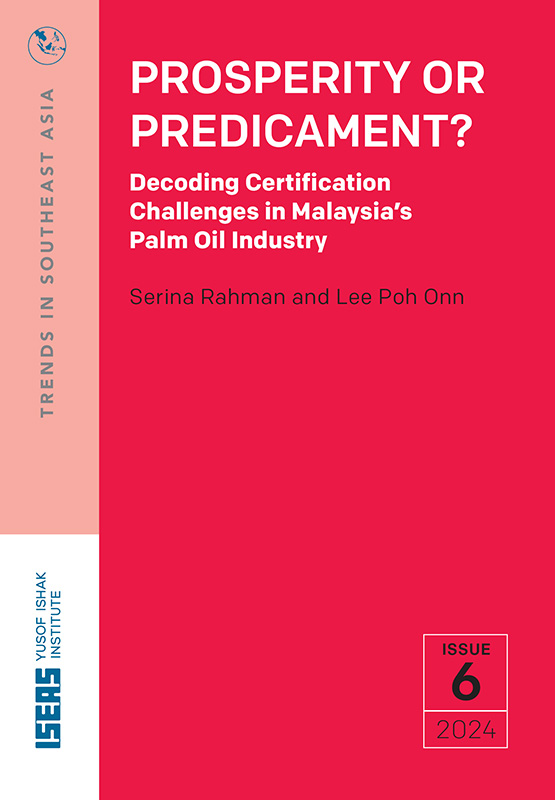
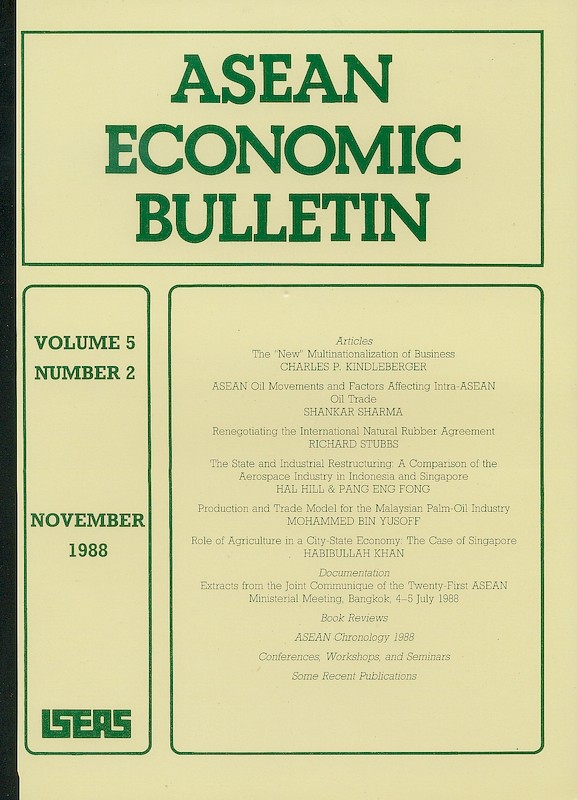
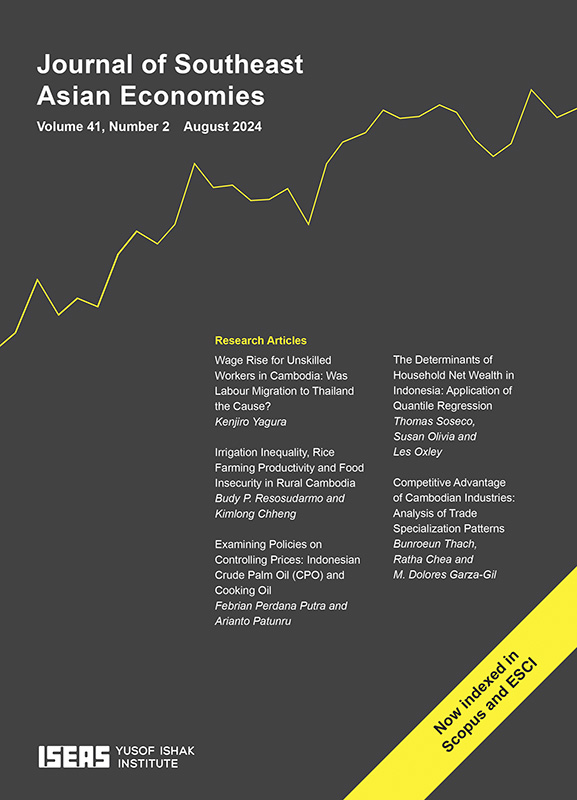
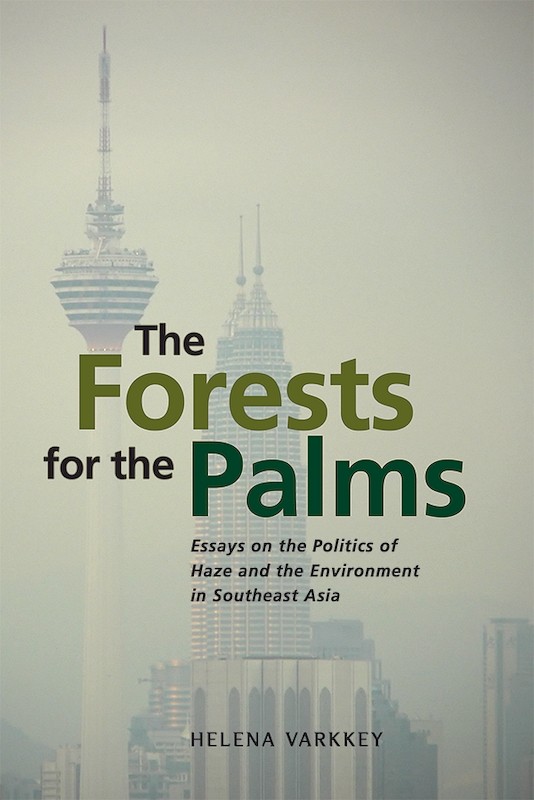
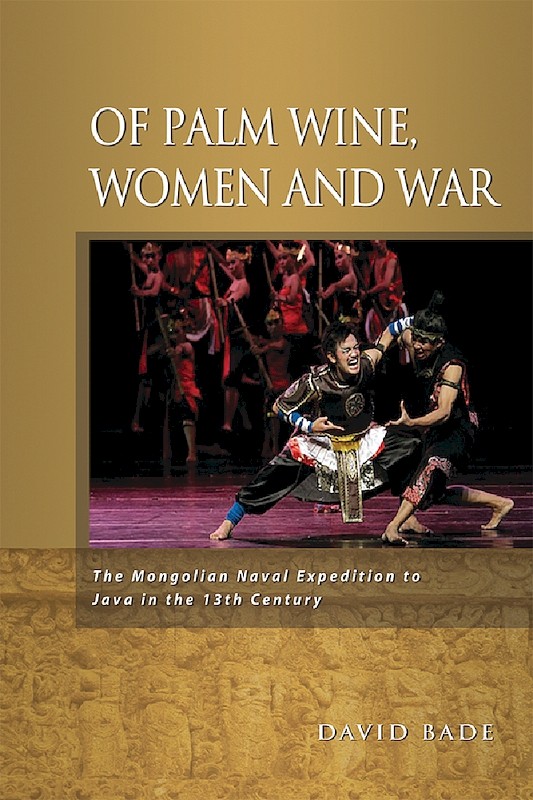
![Journal of Southeast Asian Economies Vol. 30/1 (Apr 2013) [formerly ASEAN Economic Bulletin]](/cover/AE30-1.jpg)